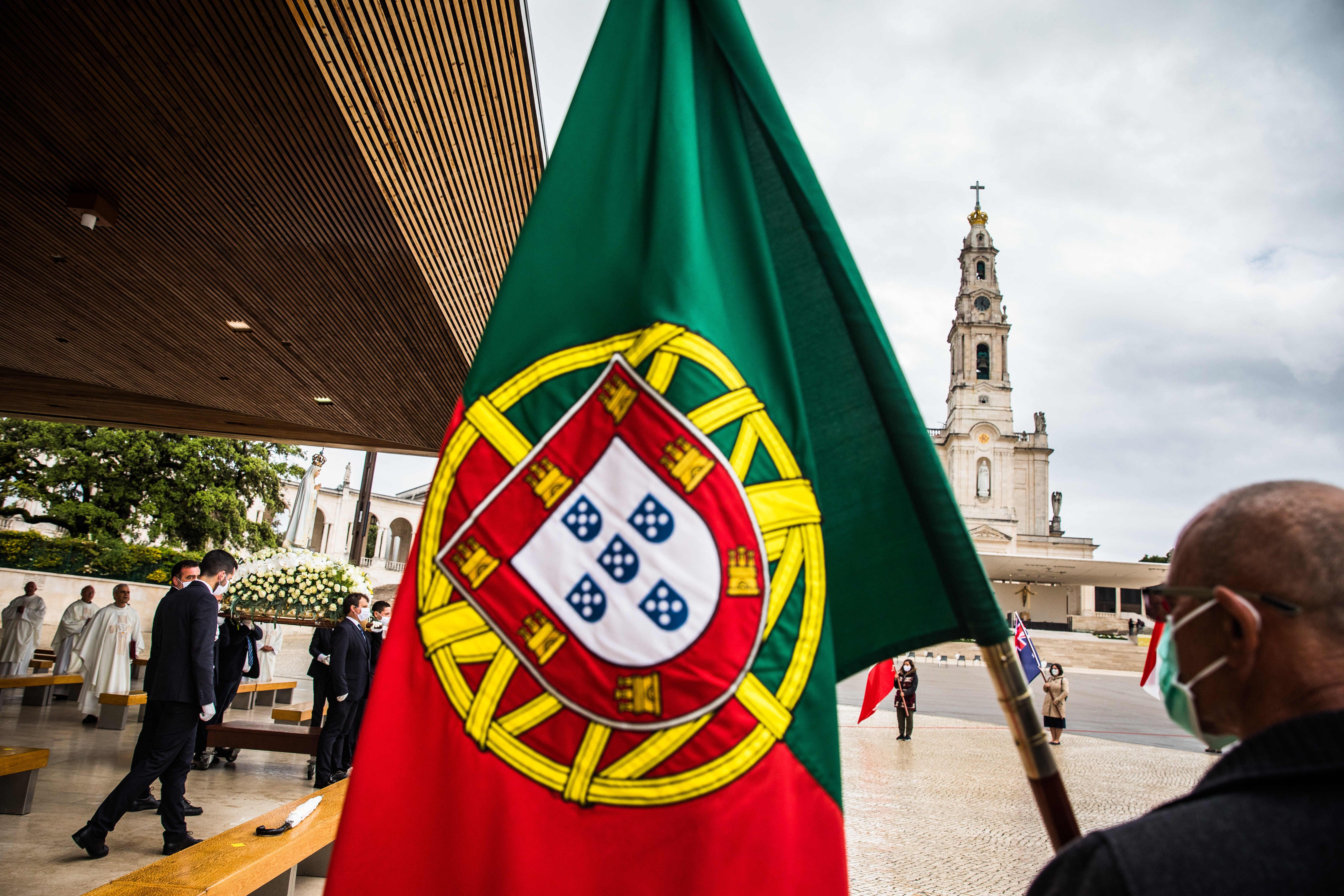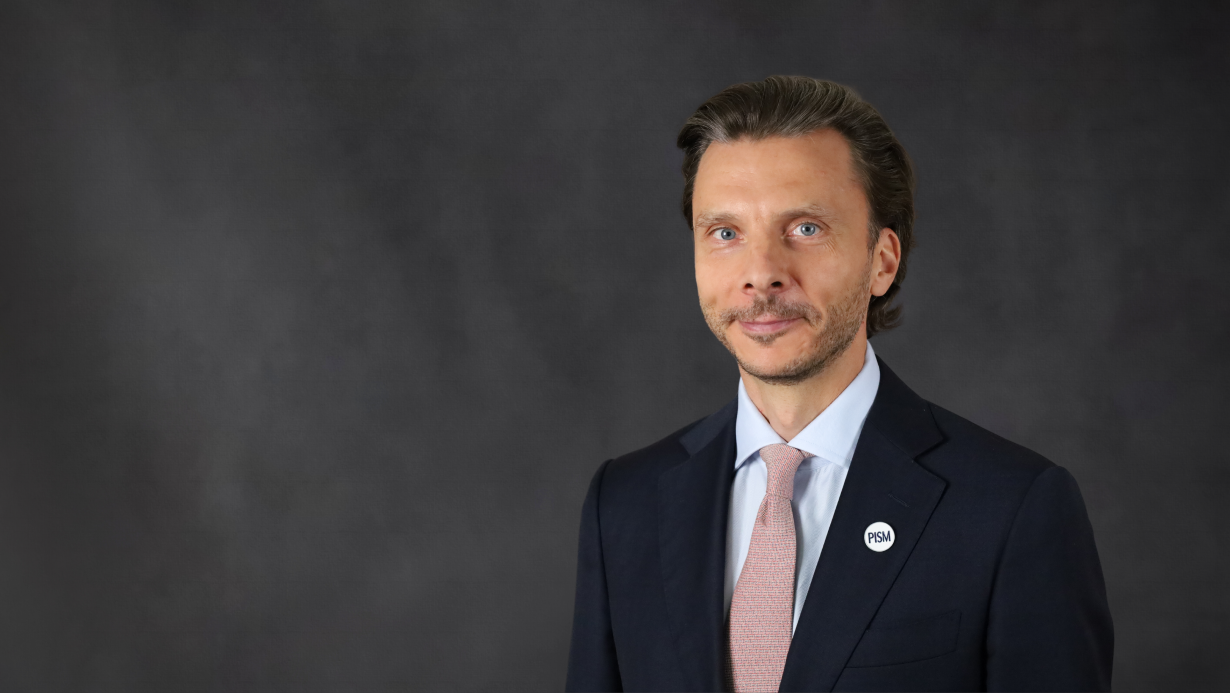Towards Implementation of the Recovery Fund: Portuguese Presidency of the EU Council

Last December, the Member States reached a compromise on the multiannual EU budget and the recovery fund. The key task for the presidency will be to oversee their implementation and that of the fund—a new instrument—in particular. As the pandemic continues, quick initialisation of the recovery fund is gaining importance. Even though vaccinations have started in the EU, many states still see high daily numbers of new cases, which forces them to prolong restrictions imposed on economic activity and free movement of citizens.
Recovery and Transformation
To gain access to the recovery fund, Member States must create strategies for using the EU money (dubbed Recovery and Resilience Plans, or RRPs), which after assessment by the European Commission (EC), will need the Council’s approval (by qualified majority). The presidency’s task will be to aptly conduct negotiations on this matter. This will require reconciling the states’ aim to gain considerable flexibility in spending the money with obligations stemming from the Union’s key projects of the green and digital transitions. The so-called “frugal” coalition (Austria, Denmark, Finland, the Netherlands, and Sweden) will insist that the RRPs include the obligation to carry out economic reforms aimed at reducing public debt, especially in the case of highly indebted Southern European countries.
Apart from implementing the recovery fund, the presidency will conduct negotiations on several important legal acts. One of them is climate law, which is regulation that builds upon the pledge adopted by Member States (with the exception of Poland) that the EU will reach climate neutrality by 2050. Moving towards more sustainable development is one of the guiding principles of the reform of the common agricultural policy (CAP), under discussion since 2018. In both cases, the negotiations are well advanced: the Council and the European Parliament (EP) have adopted their positions. The presidency’s role will be to strike a compromise on behalf of the Council with representatives of the chamber.
Debates on the future of the digital sector will focus on two draft regulations (on digital markets and services) presented by the EC last December. The main goal is to create rules for the functioning of large firms that act as platforms enabling smaller companies to reach their clients. The Commission’s intention is not only to protect competition but also to subject the digital giants to stricter control in areas such as the use of clients’ data or scrutiny of published content. Social media companies’ decisions to block the accounts of Donald Trump without regulatory oversight demonstrated the urgency of the matter. The legislative package is, however, too complex for the presidency to finish negotiations in one semester.
The presidency has a good chance of closing the trilateral talks of the Council with the Commission and Parliament concerning the format of the Conference on the Future of Europe, which was due to begin last year. Reaching a compromise on the multiannual budget created the favourable context for the Conference to start, and the largest political groups in the EP demand its quick inauguration. On migration policy, an important issue for the South in particular, the prospects for progress are bleak. The Portuguese prime minister, António Costa, conceded that due to divergences between Member States a deal will be difficult to reach in the coming months.
The Social Dimension
The presidency intends to promote a number of initiatives concerning social affairs. Though the EU does not have significant competences in this area, the Commission encourages Member States to enhance rights and privileges enjoyed by citizens. This direction is welcomed by the left-wing Portuguese government and the Southern European states. The latter struggle with high public debt and fear that the pandemic-provoked economic crisis could weaken their ability to compete on the single market. Consequently, they expect significant Community support. Portugal stressed in its programme that the costs of reforms carried out in reaction to the crisis must be fairly shared between Member States. The presidency will promote several initiatives—as separate projects and elements of wider instruments such as the recovery fund or the green transition—aimed at protecting labour rights and countering poverty, unemployment, and social exclusion, as well as various forms of discrimination. The presidency hopes to advance negotiations concerning a directive that creates a set of common rules regarding the establishment of a minimum wage in Member States. An extraordinary European Council summit devoted to social policy, scheduled in May, will strengthen the promotion of those ideas. Portugal also declares support for Commission proposals regarding the creation of a European Health Union and intends to organise several conferences devoted to ways of improving coordination between Member States.
EU’s Position in the World
The presidency’s programme also features strengthening the Union’s strategic autonomy through the creation of instruments that will enable the Community to become more effective at promoting its ideas and defending its interests. In this context, reform of industrial and competition policies, as well as conditions for entering into trade agreements, will be discussed.
Like previous presidencies, Portugal claims it will strive to improve the coordination of EU external policy. New opportunities are opening in transatlantic relations: the presidency, together with the Commission, president of the European Council, and the head of EU diplomacy will talk to the administration of U.S. President Joe Biden to find ways of translating the intention to improve relations—declared by both sides—into concrete initiatives. Given its ties to former colonies, Portugal counts on getting tangible results in relations with Africa. It hopes to organise the EU-Africa summit, cancelled last year, which could confirm the strengthening of economic cooperation and the EU’s support for stopping the spread of the pandemic in Africa.
Conclusions and Prospects
Even though the disputes regarding budgetary matters have been settled, there remains a long list of negotiating problems for the presidency to deal with. In the meantime, the economic difficulties and controversies surrounding the EC-led negotiations regarding the purchase of vaccines have created conditions for friction between Member States. The key challenge related to the approval of the RRPs by the Council will be to avoid a revival of the confrontation between the “frugal” North and the South, which expects significant EU support. Such disputes could delay the start of the recovery fund. Portugal, which during budgetary negotiations was vocal in presenting the South’s arguments, and consequently at times clashed with the “frugal” camp, will have to adopt the role of an honest broker.
Following turbulent negotiations on the conditionality regime (“money for the rule of law”) last December, Poland could use the Portuguese presidency to enhance its standing as a Member State that is able to make a constructive contribution to negotiations. Preparing a sound national RRP will be a task of fundamental importance. A focus on the green and digital transitions will ensure additional money for projects that require considerable investments and improve the chances of the plan being swiftly approved by the Commission and the Council. Involving representatives of civil society in the creation of the plan should result in a better diagnosis of investment needs. In relation to climate law, Poland advocates the adoption of mechanisms that enable differentiation in the obligations set for Member States as regards emission reductions depending on historical and economic circumstances. In this context, the presidency’s insistence on fair burden-sharing corresponds well with the Polish position. Finally, as the presidency’s attention is focused on relations with Africa and the Americas, an important task for Poland will be to emphasise the potential of cooperation with eastern neighbours, for example, during the EU–Eastern Partnership summit scheduled for February.


